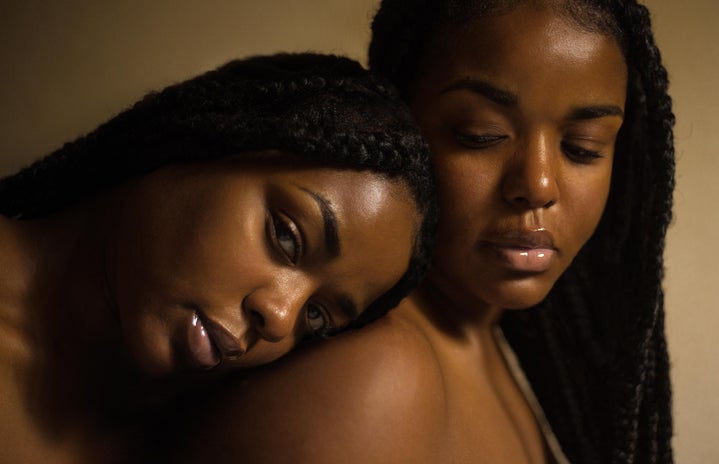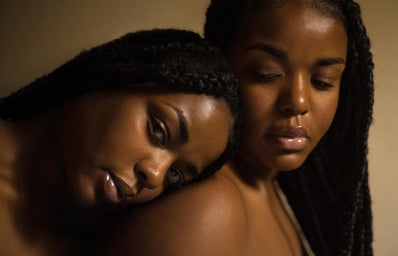It was June of 2017 when Rachel Dolezal, a white woman, born as Nkechi Amare Diallo was exposed by her parents for pretending to pass as a Black woman. Before being under such scrutiny, she was not only a college professor but a leader in the National Association for the Advancement of Colored People (NAACP). When the news reached the media, I remember being 17 and absolutely flabbergasted that this woman had been pretending to be Black. I remember memes surfacing the internet and jokes on social media. However, as ridiculous as the event had been, I thought it was once in a lifetime moment.
Fast forward to September of 2020, and yet another headline of a white woman pretending to be Black. This time a woman named Jessica Krug, who was an African American Studies professor at George Washington University. Krug had exposed herself to a blog post she wrote for Medium where she also expressed that she had appropriated three different Black experiences for her personal gain. One would think it would stop there. Within the same month, a Black Lives Matter activist in Indianapolis, named Satcheul Paigelynn Cole, outed herself on Facebook that she also lied about being a Black woman.
Now three years later, I am no longer flabbergasted at these incidents but angry to see these women exercise their white privilege to the vilest degree. These women have taken up monumental amounts of space not only in academia, but Krug has been featured in ESSENCE magazine, a publication designed for Black women. Cole has literally been on the front line speaking in a national conversation about the worth of Black Lives when she wasn’t even entitled to the mic, to begin with. I’m upset because without being exposed, these women would have continued to lie and that lie would have continued to work.
To be a Black woman is something to be proud of because of the greatness that comes with it. I come from a family surrounded by amazing Black women who have all helped shape me to be the person I am today. I’m always astounded at the beauty that comes from the curly-kinky textures of our hair to the multiple shades of melanin we come in. I can now look in the media and see Black women not only succeeding, but dominating all fields from sports, music, journalism, and television. It is one of my proudest identities to carry, but one that I know also suffers from burdens inflicted on it by this country. Those burdens are not light ones either.
With Krug and Cole being the two most recent incidents, it doesn’t fail to dawn on me that simultaneously, after 140 days Breonna Taylor failed to receive justice. As a 26-year-old EMT, she was murdered by police in her sleep; officers received no charges of manslaughter. Breonna Taylor was not the first Black woman to be murdered at the hands of police brutality. However, even in her death, she had been turned into Tik Tok videos and Twitter memes. Her death had been exploited for capital in the form of t-shirts, conventions, and pieces of jewelry. Her name was in the mouths of politicians calling for justice and in the streets across all 50 states. I remember the eerie feeling of attending a protest singing “Happy Birthday” to a woman that should’ve been alive to celebrate it. Yet after 140 days justice was not brought to her.
The experience of a black woman is to be Oluwatoyin “Toyin” Salau. A Tallahassee activist bringing awareness to the trans lives lost at the hands of police brutality at a protest. She disappeared and was then sexually assaulted and murdered by her abuser. Her body was found, not because the police were intentionally searching for her but because a white woman had also gone missing. Toyin’s body was simply found by accident.
To be rapper Megan Thee Stallion, who even with her notoriety, is not exempt from the brutality that Black women experience. After being shot in the foot by rapper Tory Lanez, she not only has people try to discredit her truth but to have her assailant attempting to benefit from his actions by releasing an album.
It’s always interesting how non-black people want to benefit from the culture that Black people have created but with the luxury of exempting themselves from oppression. This is the grave reality. Black women can be killed sleeping in their own homes, have their death exploited, and gain no institutional justice from the systems that inflicted it upon us. The reality is to be on the front lines fighting for our own humanity and existence, and then murdered the next by the same people they are fighting for justice for. To have the careers we’ve worked hard to achieve in industries initially not designed for us, to be discredited, and have our pain used for profit. And that is the Black woman experience that these white women want no parts of.



